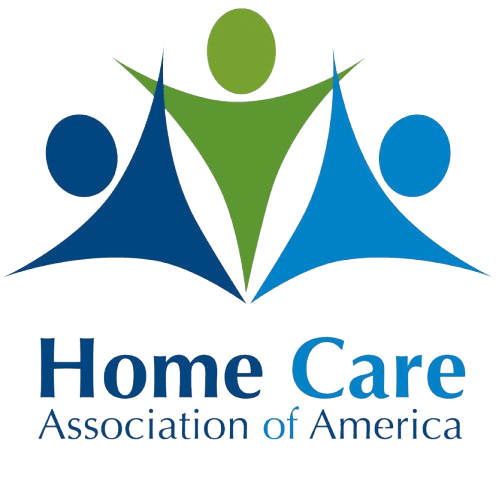Did you know that more than eight out of ten people have never even heard of the medical disorder known as aphasia? Until Bruce Willis revealed he had it, it was a relatively unknown condition affecting about two million Americans. Aphasia is a communication disorder that often appears after a stroke, but it can appear on its own. Following a diagnosis, home care assistance can help your senior navigate the changing phases of the disease.
During National Aphasia Awareness Month, discover what aphasia is and what happens when an older adult suffers from this disease.
The Variety of Symptoms That Appear With Aphasia
Aphasia is a condition where the brain loses language skills. It often appears after a stroke, but it can be the result of traumatic brain injuries, infections, and brain tumors. There are several types of aphasia:
- Anomic – The ability to read and understand speech is not affected, but spoken word may not always be easy as it’s hard to find the right words.
- Broca’s – Speech is greatly affected and spoken phrases are limited and rarely longer than three or four words, but comprehension and reading are fine.
- Global – Not only is speech affected but the person also loses the ability to read or write.
- Mixed Non-Fluent – Speech is affected and reading and writing decline to a child’s level.
- Primary Progressive – Language skills slowly and completely decline. Memory also may diminish.
- Wernicke’s – Speech is okay, but the comprehension of what someone is being told, what’s being read, and written words all decline.
In addition to not finding the right words, being able to read or write, and being able to speak to others, people with aphasia may find it hard to remember a person’s name or listen to others during conversations.
Those are the main types of aphasia that families encounter, but there are many others. Learning to communicate with your dad is important. When he attends speech therapy sessions, ask to accompany him. You need to learn the best ways to interact with him in order to be the best family caregiver you can be.
How Can Home Care Aides Help?
Frustration is common when a person has aphasia. Your dad cannot communicate effectively with you and other family caregivers and that angers him. When he lashes out at you, you can’t help but admit it hurts. It’s emotionally and mentally draining.
It’s important to address home care at this point. Hire home care assistance to ensure you can take breaks. Go out with friends, stay home and watch movies. Do whatever it takes to focus on your self-care so that you’re refreshed and in the right headspace to help your dad again.
Respite care is an essential service for families experiencing aphasia. Call a specialist to go over your dad’s care needs and how often he needs help with those tasks. It might be helping him remember to take medications or accompanying him when he runs errands.
A specialist in home care assistance will go over prices and work with you to create the care plan that matches your dad’s needs. Call now.
Sources:
https://www.aphasia.org/aphasia-resources/aphasia-factsheet/
If you or an aging loved one is considering home care assistance in Modesto, CA, please contact the caring staff at Provident Care Home Care today at (209) 578-1210.
- The Benefits of Home Care Assistance for Seniors Aging in Place - April 11, 2025
- Managing Diabetes in Seniors: How Personal Care at Home Makes a Difference - April 4, 2025
- Understanding Parkinson’s Disease and How Home Care Assistance Can Help - March 28, 2025



